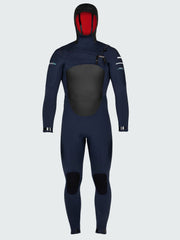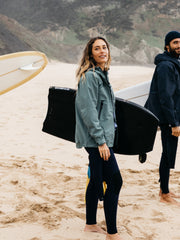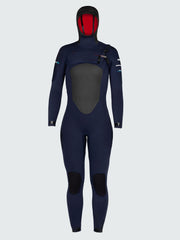Having absolutely hammered global fish stocks (The World Economic Forum last year suggested 90% of global fish stocks are fully exploited, overexploited or depleted). With large fish gone, we are targeting the bottom of the food chain.
Krill are a vital part of the Antarctic food chain, they provide food for whales, penguins and seals and remove carbon dioxide from the atmosphere. Krill populations have already slumped by 80% since the 1970s. Last year CCAMLR (Convention for the Conservation of Antarctic Marine Living Resources) voted not to create MPAs in East Antarctica, the Weddell Sea, and the Antarctic Peninsula.
Mesopelagic fish live in the vast mid-water ocean and are another target for massive-scale industrial exploitation, largely to make fish feed for aquaculture. These fish provide an ocean “carbon pump,” transporting energy to the seabed. Destroying their populations before we even know what they do is incredibly short-sighted.

























































































